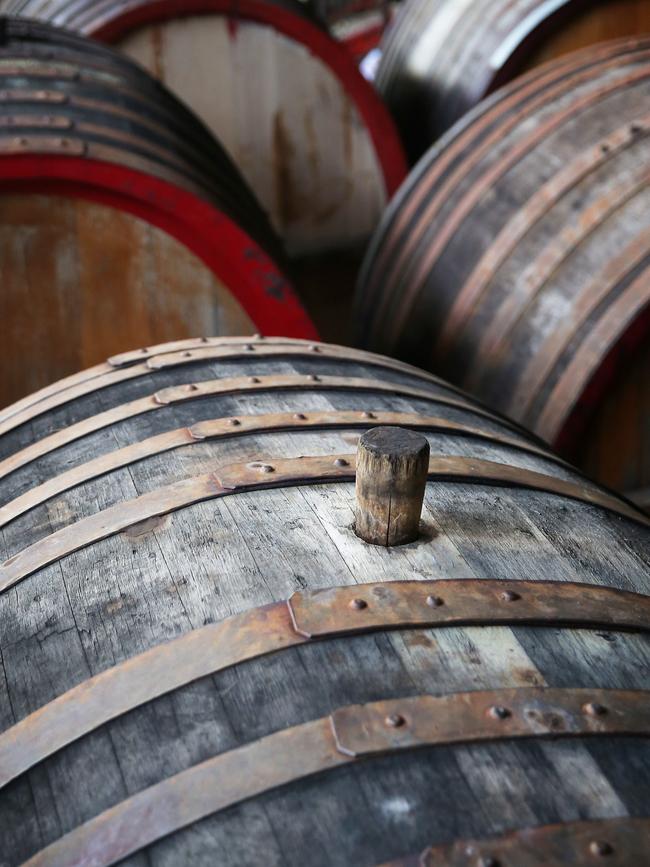The creative solution for winery cashflow and capital
A trend in sale and leaseback transactions show how some businesses are working creatively to free up extra capital.
Winery companies selling land and leasing back the property could prove to be a pressure release for the Australian wine industry feeling the impact of challenging conditions.
Herron Todd White director and property valuer Graeme Whyte said in recent years a number of larger wine making companies have sold vineyards on a leaseback scheme, with the aim to free up assets and cash to reinvest in the business.
“There are examples where large vertically-integrated wine producers that have developed their own vineyards have elected to sell on leaseback, I’m assuming to free up some cash … they might sell a vineyard and get $20 million, and are committed to paying a rent,” Mr Whyte said.

Mr Whyte said while agricultural land values had increased in recent years, “it’s not the case for every sector”.
“Particularly in inland sectors the wine grape vineyards have been under a bit of downward pressure and it’s been a tough game,” Mr Whyte said.
“People are removing vineyards inland, not planting more. There’s a fairly significant reduction in the amount of reds, white will probably remain stable but fundamentally there’s surplus crushing capacity in inland Australia and a lot of wineries are not operating at full capacity.”
Notable deals in recent years include Casella Family Brands – makers of Yellowtail – who in 2022 entered a long-term partnership with PSP Investments with the investment firm taking on management of vineyards and all associated employees.
Accolade Wines in South Australia also sold property in 2022 under a leaseback scheme, selling more than 113ha to Centuria Capital Group’s subsidiary, Primewest, with Accolade Wines leasing the vineyard from the Primewest Trust as part of a 10 year triple-net sale-and-leaseback term.
Langley and Co director Stephen Strachan said while there has been a trend of leaseback transactions in recent years, it was not the “most prevalent transaction in industry”, but had potential to release some pressure the industry had faced in recent years.
“Companies look to take an asset off the balance sheet and seek to have less risk sitting in agriculture, and to have their balance sheets more aligned to their brand and inventory,” Mr Strachan said.
“What you tend to find is where a company is not considered to be a risk long-term in their ability to pay back a lease, there are parties prepared to go into that leaseback.”
Mr Strachan said while the wine sector was strong prior to Covid-19 and Chinese restrictions on red wine imports, it “wasn’t booming”, with the industry having faced a number of challenging years.
“One acute issue in industry is supply, we’re growing too many grapes. That pressure valve is not changed when there’s a leaseback, but what it does do is free up cash … banks are quite wary at the moment in terms of debt funding and asset purchase, you don’t have to look too far to see evidence of that.”





